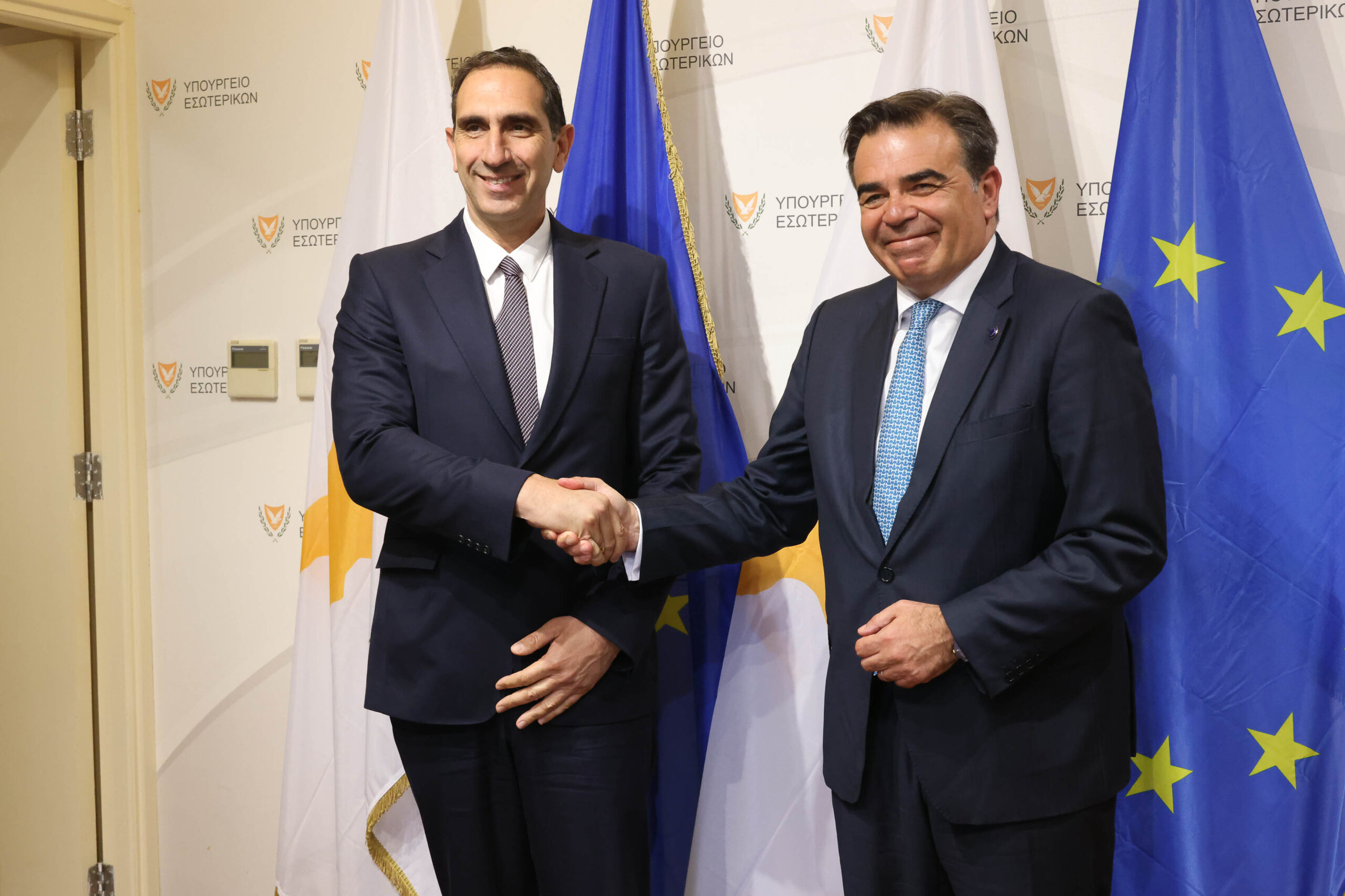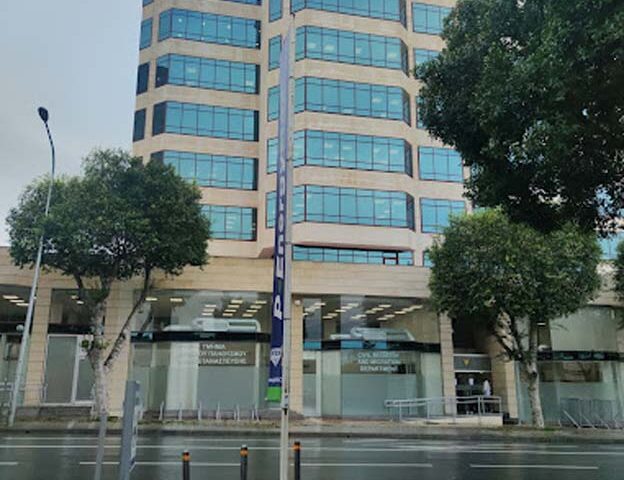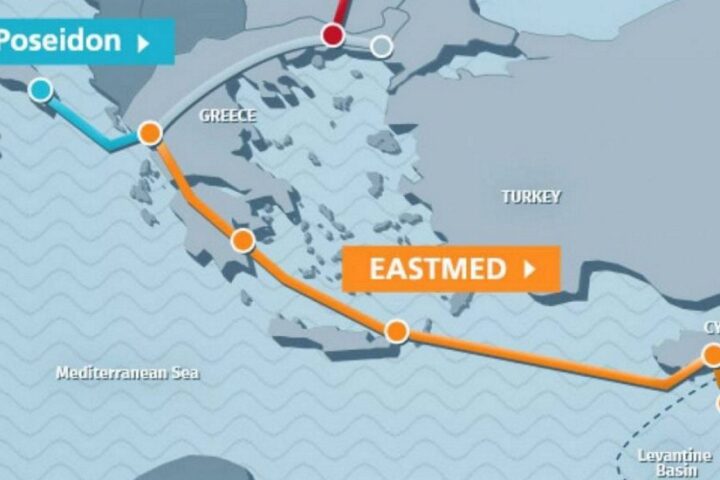Interior Minister Constantinos Ioannou laid out the country’s roadmap for dealing with increased migrant flows in a meeting with senior EU official Margaritis Schinas on Monday.
Ioannou said he had the opportunity to discuss the government’s policies on migration with the EU Commissioner.
“I would like to thank him for the particular interest he shows in the immigration and asylum issues we face as Cyprus,” said Ioannou.
The minister said that Schinas had “very good knowledge of the problems and challenges” Cyprus faced.
“He is the first European official who has personally visited – during his previous visit to Cyprus – the Green Line, which is the entry point of more than 95% of irregular migrants”.
Ioannou said that the first pillar of the government’s policies was to adopt measures to prevent flows, mainly through the Green Line.
“The Republic of Cyprus is limited in terms of the measures it can take internally to prevent illegal crossings from the Green Line, such as its surveillance by a Border Guard Unit and the installation of electronic surveillance means.”
He said that Cyprus is investing hopes in the EU’s Eastern Mediterranean Action Plan.
“I hope that the positions of the Republic of Cyprus will be utilised to have tangible and substantial results on the issue of irregular immigration from the Green Line through a diplomatic approach to Turkey, using EU policies and tools.
“It is clear that Turkey is instrumentalising the migration flows, facilitating the arrival of third-country nationals in Cyprus.
“These irregular immigrants mainly originate from Sub-Saharan African countries.
“They are usually holders of so-called student “visas” after enrolling in “colleges” in the occupied territories, which are then guided to the areas controlled by the Republic,” said Ioannou.
The second pillar is speeding up procedures for examining asylum applications.
The minister said that the third pillar regards strengthening infrastructures such as reception centres for migrants, for which the Republic receives financial assistance from the EU.
As Ioannou said, the last pillar has to do with enhancing incentives for third nationals to return to their countries of origin, aiming for more than 1000 returns monthly.
Ioannou also informed Schinas of the government’s intent to set up a deputy ministry to handle immigration issues.
On his part, EU Commissioner for Promoting our European Way of Life Margaritis Schinas said Cyprus was not alone in dealing with increased migrant flows.
“Managing immigration issues in Cyprus is simply a national priority, but it is also a major European issue for two very simple reasons.
“Cyprus is one of the smaller member states, and the disproportionately large pressure it receives creates particular problems,” said Schinas.
“Secondly, because of the particularity of the buffer zone, which also poses issues of a legal and political nature, we must act effectively but also creatively”.










